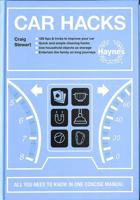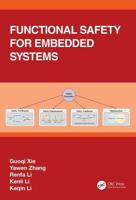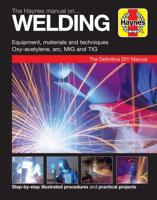Publisher's Synopsis
Sophisticated infotainment systems, lane departure warning, adaptive cruise control, and blind-spot monitoring are increasingly common in cars today. The proliferation of automotive electronics and other “smart” features has increased the market for automotive semiconductor devices and the number of sensors per vehicle.
Yet, more chips and greater functionality translate to further networking/communications activity within the car, and that raises the prospect of potentially serious errors. How to minimize them by design is the focus of this book, which contains seven of SAE International's handpicked technical papers, covering:
- A way to calculate the reliability of priority-driven, real-time components with respect to timing failures, resulting in a realistic estimate of each component's reliability.
- A delayed-decision cycle detection method that can detect and prevent spoofing attacks with high accuracy.
- An AUTOSAR-compliant automotive platform for meeting reliability and timing constraints.
- An eight-point process for determining the cause of failures with real-world cases in which the process was used.
- The use of accelerated reliability and durability testing technology for better performance estimation.
- How to achieve reliable sensor-fusion despite system complexity and inconsistency.
- How to improve domain controller availability while maintaining functional safety in mixed-criticality automotive safety systems.









